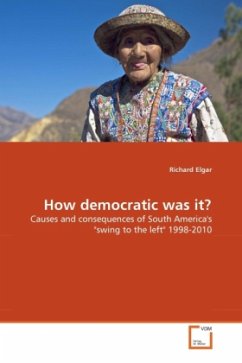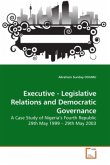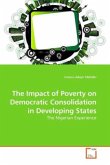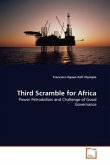Changes in the political landscape in South America over the past decade have signaled that there has been a significant shift in popular support for leaders that espouse policies of redistribution and increasing independence from World Bank or IMF mandated policies. It has become accepted to view these various electoral changes as a continent-wide move to the left, tinged with elements of populism that have circumvented democratic institutions. But was there really a move to the left' rather than a continuation of successful populist campaigns? What factors might help explain the political shift to the left? And finally, what are the implications for democracy in the region? This preliminary study provides a framework to begin the analysis of changes that have been seen in the region since 1998.








